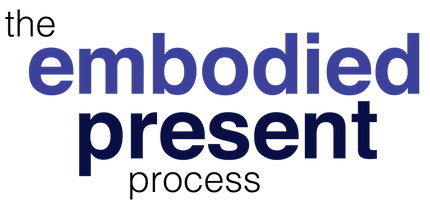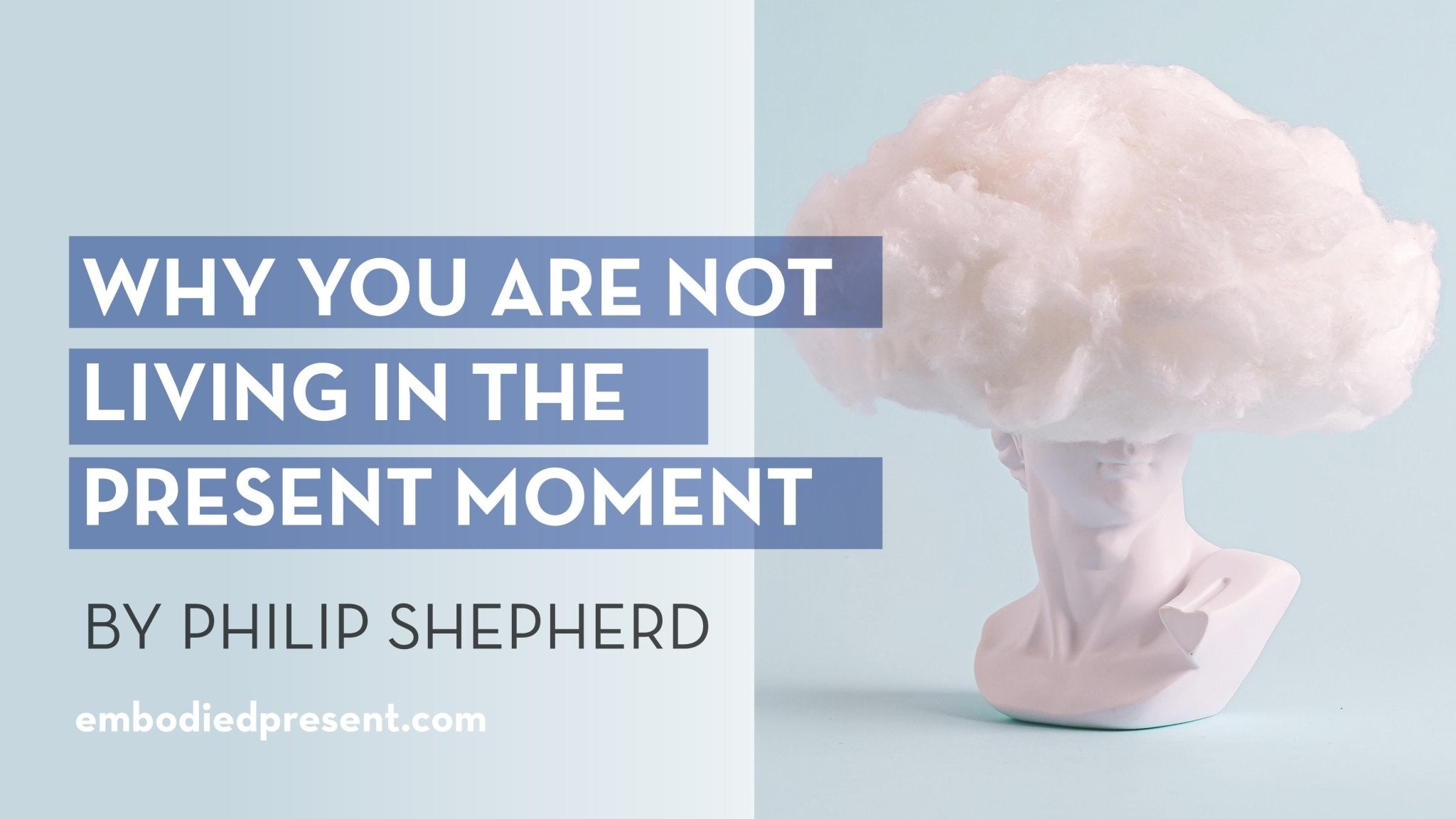The age we live in has earned many nicknames. It’s been referred to as The Consumer Age, The Information Age and The Digital Age, among others. Philosopher Richard Kearney has another take on it that to me seems not just descriptive, but actually diagnostic. He refers to our modern era as The Age of Excarnation. Literally, the “out of body” age. The phrase perfectly captures the unseen normal in which our culture conducts its affairs: day-in, day out, we predominantly live in a mode of being in which we are out of touch with our bodies; as a result, the world exists for us more often as an idea than as a felt reality. We are preoccupied with another enterprise.
And what enterprise so urgently draws our attention away from our embodied reality? In general, it is the need to think about our own thoughts. We have thoughts about the future, thoughts about the changing world around us, thoughts about our relationships – and we corral those thoughts, and refine them, and reinforce them, and amend them endlessly. In the mode of being we consider normal, thinking about our thoughts is accorded a higher priority than attending to reality. We have so gradually adapted to this as our baseline that we haven’t really considered its consequences. Once we pause to do that, the diagnostic accuracy of Kearney’s phrase becomes clear.
Because this mode of being feels as though it is putting us in control, it’s particularly difficult for us to appreciate how deeply vulnerable it actually makes us. The crux of that vulnerability is made evident when we look at what the body gives us. It is the body that places us in the present, and it is in allowing ourselves to be fully present that we come home to our deepest truths. Connecting with those truths, we connect with our own authority. And just to be clear, our sense of authority doesn’t lie locked up inside of us, independent of the world – it is born in us when we come into our fullest relationship with What Is. The coherence or certainty of that authority comes from our sense of embodied wholeness.
By leaving us out of touch with our bodies, then, The Age of Excarnation also leaves us out of touch with the world and with the personal clarity that might guide our lives. Bereft of our natural authority, we adapt to living by half-truths – forgetful of the deep harmony that can carry us forward. The consequences of that have shaped the unique character of our age, and are everywhere to be seen. Disconnected from our embodied truth, we are vulnerable to the flatteries and inducements of advertising, and easily fall prey to corporate and political interests – as well as to anxieties about our status, which they are so skilled at inflaming. Disconnected from our embodied truth, we are driven to distraction by our hunger for information, as though a surfeit of it could somehow provide a substitute for embodied truth. And because we lack the inner authority of that truth, we become vulnerable to the assurances of outside authority.
In our culture, such outside authority derives its power from scientific, religious or ideological sources, or even from mere celebrity – but its effect, when successful, is always to eclipse our sense of being. That is, when we internalize the ideas espoused by an outside authority, we look to them to guide our lives – and we slowly come to feel those ideas about reality more keenly than we feel reality itself. That syndrome – feeling ideas more keenly than reality – is the essential characteristic of fundamentalism; and that is where our vulnerability leads us. When you feel alienated from your own body and disconnected from the world – when you no longer belong to the present – your need to belong doesn’t fade, it transfers. Fundamentalism is ready with its stubborn certitude to answer that need. And religious fundamentalism isn’t alone in answering it – the effects of corporate or political fundamentalism are every bit as potent. Corporate decision makers, for instance, can be so deeply married to abstract ideas of profits, entitlement, growth, corporate success and beating the competition, that their actions can wreak havoc on families, societies, and the environment their own grandchildren will inherit. The problem is fundamental – ideas about the present obscuring your ability to feel it; and it’s the inevitable outcome of the Age of Excarnation.
Sometimes you need to step into another culture to get a fresh perspective on your own. Hugh Brody offers a story in his book, The Other Side of Eden, that offers one such perspective. He was in Canada’s far north, on a dogsled trip with two Inuit hunters. As Brody observed of their culture, “The Inuit way was without authoritarianism.” The trip had turned into a life-threatening journey, and at a certain point the two hunters disagreed about how to proceed. Each was adamant. The solution was simple, and without malice: it was resolved in Inuit fashion, with each hunter proceeding as he thought best. They went their separate ways. There was no struggle over who was right, who was wrong. Neither sought to dominate the other with his view. Each had peace of heart, living by his embodied truth.
Other posts
TEPP Facilitator Sarah Stewart-Brown writes about Radical Wholeness and TEPP
From Sarah Stewart-Brown of Wellbeing Ventures The TEPP Facilitator training is very rich; I came away after each of the three retreats with many insights and much more awareness of...
Why you are not living in the Present
After I made the video above, I thought some more about it, and put pen to paper, and wrote this slightly longer exploration of the subject. I feel the...
thewayisee
There’s a popular YouTube video (see below) of a baby named Piper squirming as her parents fit her first pair of glasses onto her face. Initially struggling, she settles, and...






Leave a comment